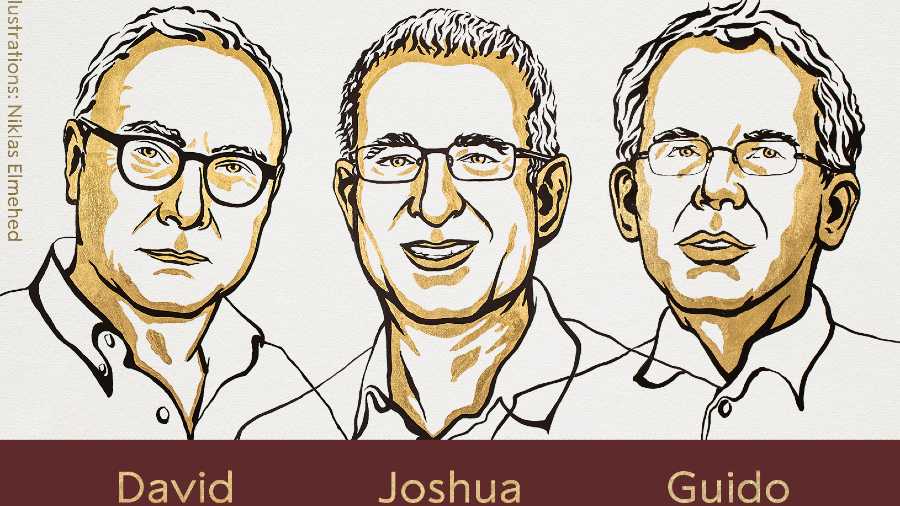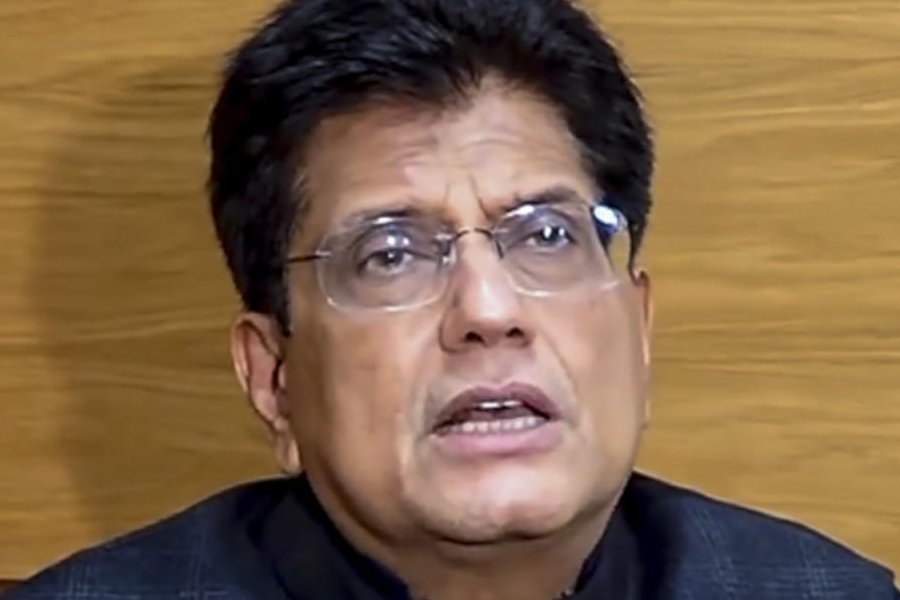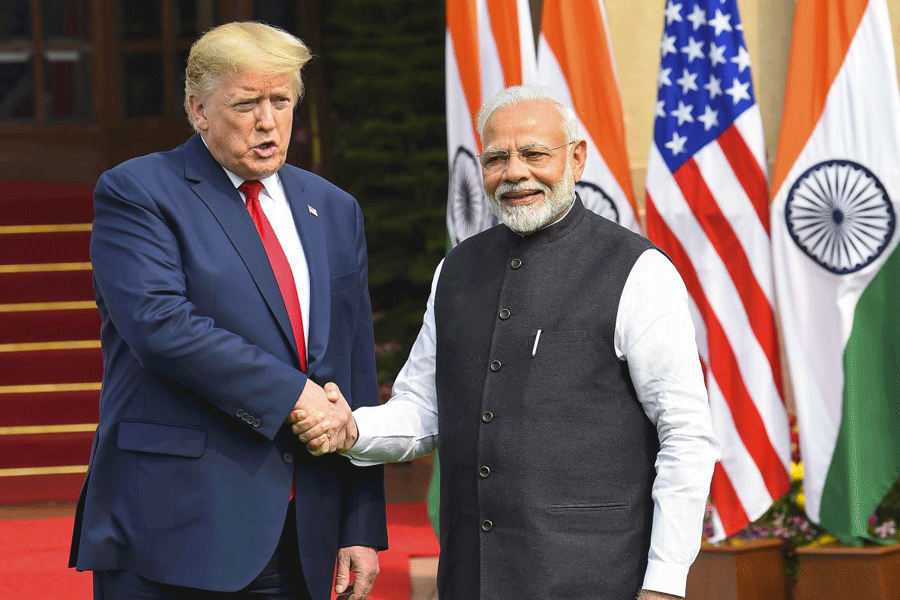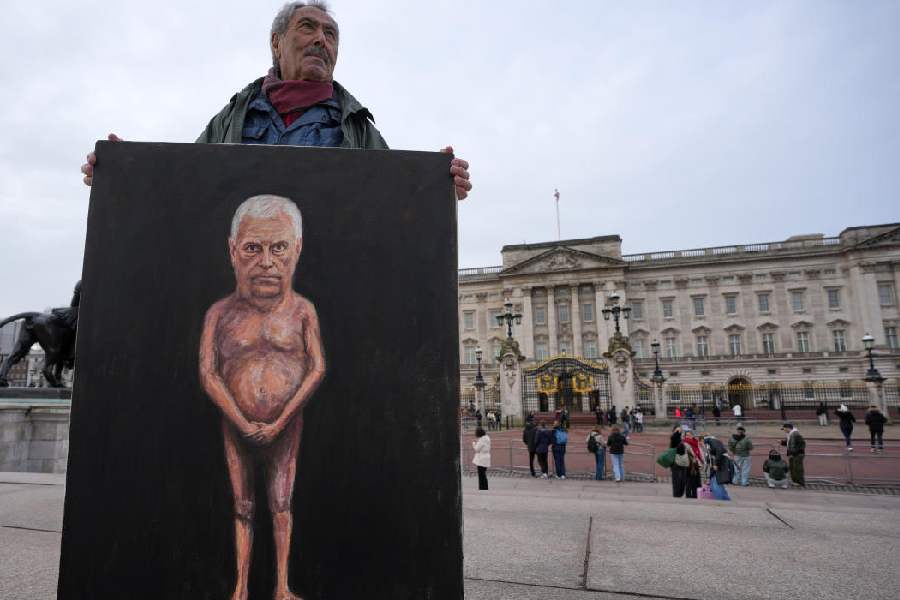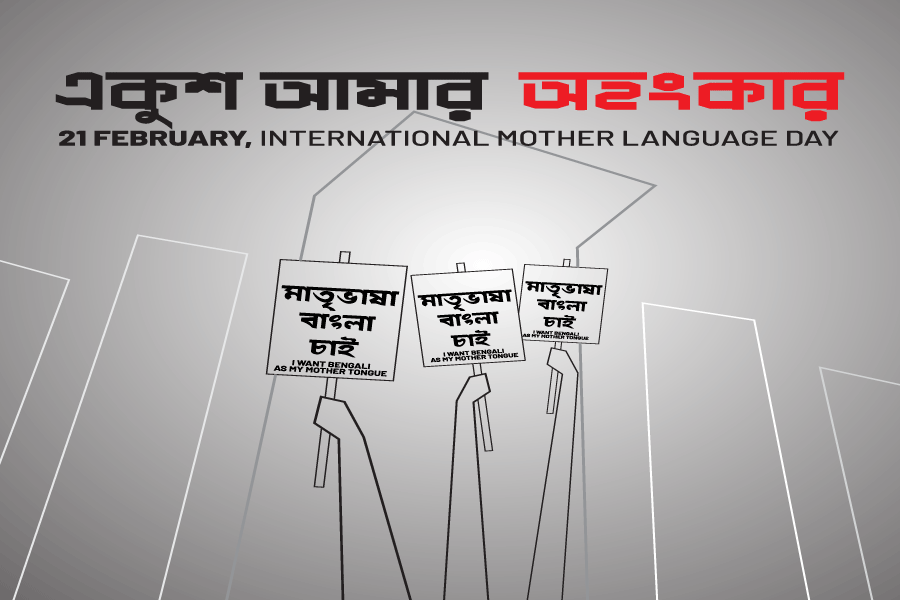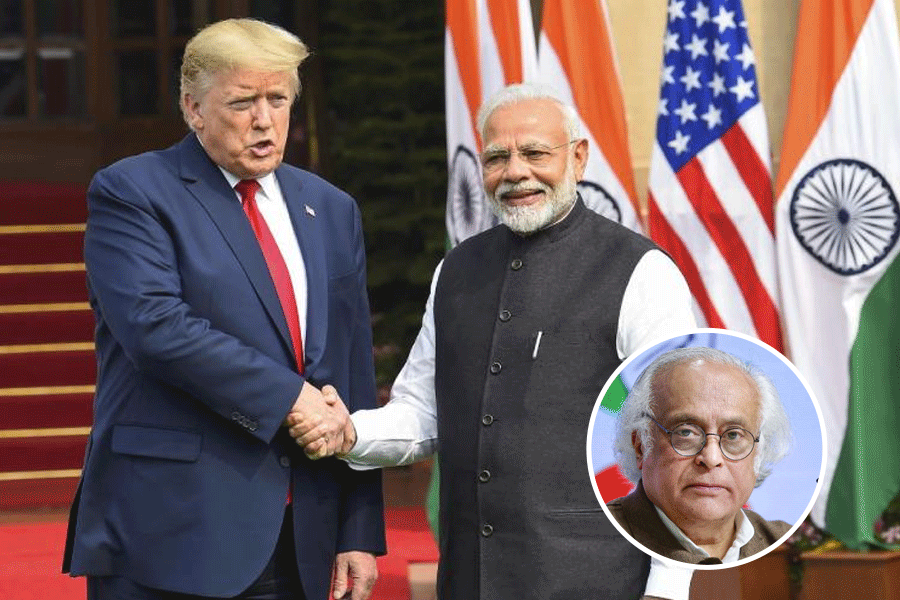David Card, Joshua D. Angrist and Guido W. Imbens have made a career of studying unintended experiments — Card in labour economics and Angrist and Imbens in analysing cause and effect. On Monday, their work earned them the 2021 Nobel Memorial Prize in Economic Sciences.
All three winners are based in the United States. Card, who was born in Canada, works at the University of California, Berkeley. Angrist, born in the United States, is at MIT. and Imbens, born in the Netherlands, is at Stanford University.
“Uncovering causal relationships is a major challenge,” said Peter Fredriksson, chairman of the prize committee.
“Sometimes, nature, or policy changes, provide situations that resemble randomised experiments. This year’s laureates have shown that such natural experiments help answer important questions for society.”
Card’s work has challenged conventional wisdom in labour economics — including the idea that higher minimum wages led to lower employment.
He was a co-author of influential studies on that topic with Alan B. Krueger, who died in 2019, including one that used the natural geographical border between New Jersey and Pennsylvania to test the effect of a minimum wage change. Comparing outcomes between the states, the research found that employment at fast food restaurants was not affected by an increase in New Jersey’s minimum wage.
Angrist and Imbens have contributed to the way researchers think about and analyse natural experiments.
They showed that it is possible to identify a clear effect from an intervention in people’s behaviour — like a subsidy that might encourage people to ride bicycles to work — even if a researcher cannot control who takes part in the experiment, and even if the impact varies across various individuals.
The pair also came up with a transparent framework for such research that has increased trust in it.
“The challenge, for me, has always been trying to understand, when people do empirical work, what exactly the methodological challenges are,” Imbens said, speaking to the announcement’s news conference via telephone.
Imbens said he was asleep when he received the call from the prize committee — around 2 a.m. — and was “absolutely stunned” to hear the news. He noted that Angrist was the best man at his wedding.
The award, formally called the Sveriges Riksbank Prize in Economic Sciences in Memory of Alfred Nobel, has been given out since 1969.
New York Times News Service

